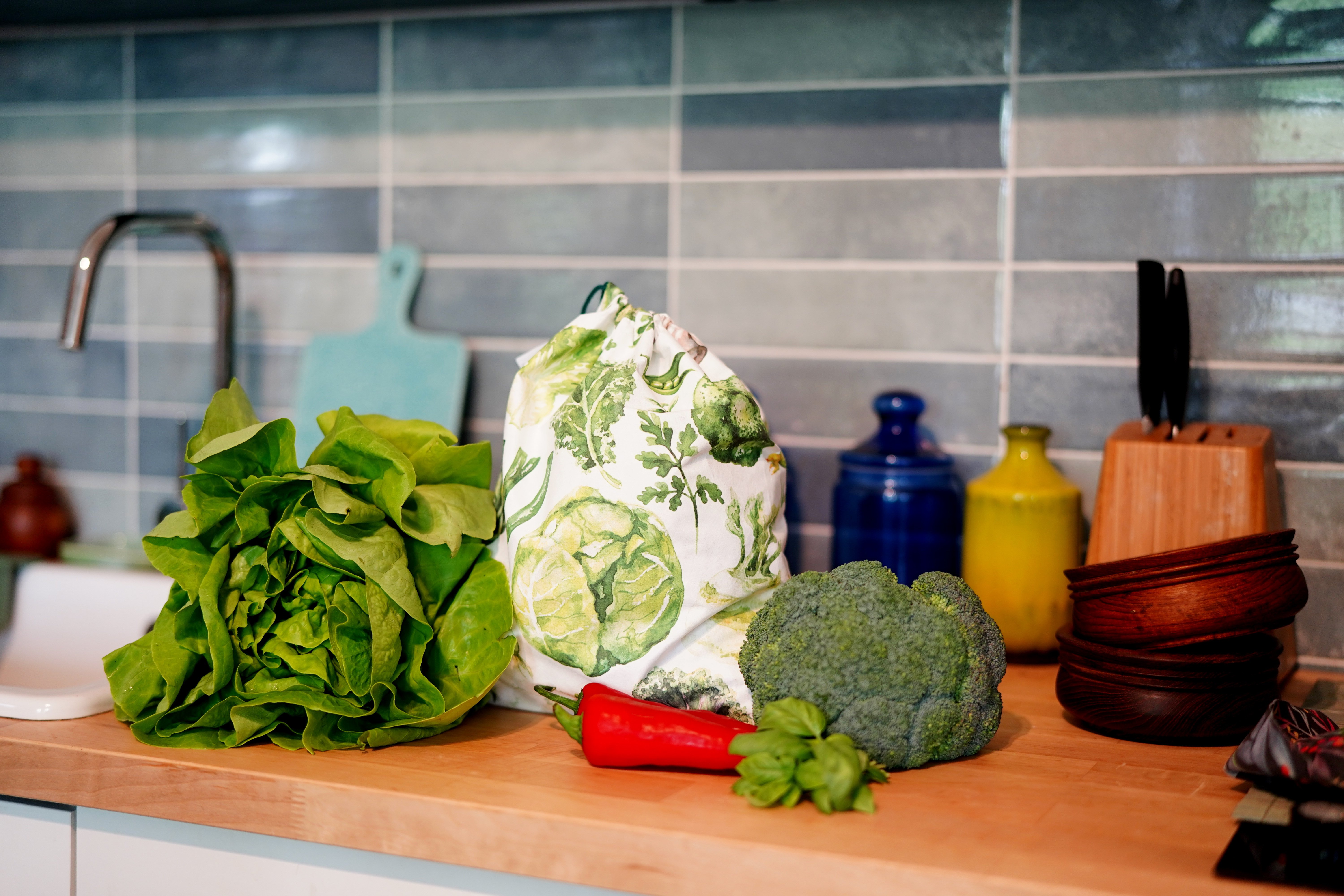
- News
- Insight
- Soundtex
- Building
Take off in style. Just enjoy calm!
The new Terminal 3 at Baiyun Airport places exceptional demands on noise levels and the atmosphere in the room. Soundtex solved the problem.

January 13, 2026
The new Terminal 3 at Baiyun Airport places exceptional demands on noise levels and the atmosphere in the room. Soundtex solved the problem.

The new Terminal 3 at Baiyun Airport places exceptional demands on noise levels and the atmosphere in the room. Soundtex solved the problem.

Evolon®: Premium mite-proof quality and extremely comfortable – for restful sleep without compromise. Evolon® stands out in customer reviews of allergy-friendly mattress covers.

Keep food fresh for longer and reduce waste with Evolon® The Food Bag

Air quality in large cities is significantly improved by plants on roofs and facades. Nonwovens from Freudenberg Performance Materials are helpful in creating long-lasting waterproofing.

From PET bottle to outdoor jacket: PYUA chooses comfortemp® fiberball eco padding from Freudenberg

Evolon encasings from Freudenberg Performance Materials are used at Dhulikhel Hospital in Nepal for allergy sufferers.

Freudenberg Performance Materials shows with the production hall in Taiwan a prime example of how eco-friendly processes and green buildings also help reduce the carbon footprint.

Chronic wounds heal faster with innovative foam-silicone combinations from Freudenberg Performance Materials because they offer more advantages than conventional products.

Acoustics: Soundtex ensures harmony in the Elbphilharmonie

Acoustics: read how Freudenberg contributes to noise protection in airports to reduce the stress of travel.

Innovative and sustainable water saving project in India
